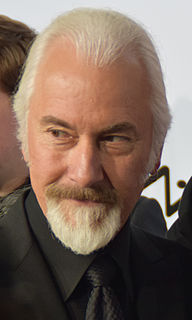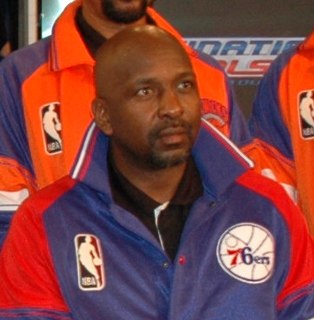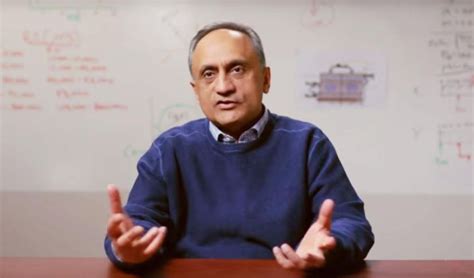A Quote by Ajit Pai
The FCC has been hard at work doing what we can to help close the digital divide.
Related Quotes
I am delighted to be involved in the digital divide campaign to ensure that every school is made aware of what steps it can take to address the digital divide as it affects local children, and provide a range of opportunities for ICT suppliers, government agencies, charities and other organisations to make a contribution.
We all know of the dangers and inequities of the traditional digital divide: People who have good access tocomputer networks have a distinct advantage - in terms of both life opportunities and quality of life, I wouldargue - over the vast majority of the world's population that does not yet have good access to computernetworks. The "other" digital divide points to an increasingly unstable situation that has developed inlibrarianship as digital libraries have evolved and matured.
Most of my life, everybody made more money than I did at the places I worked. In fact, when I've been an employee, I have never been anywhere close to being the highest paid person there, never. I was working hard. I was working hard. I was doing things I didn't want to do, that I thought I should do. I was getting up every day, going to work, did not phone in sick. Striving. Trying to get ahead, you know, doing what Obama says, working hard and applying myself and trying to get ahead. There was always somebody, there were always a lot of people that earned more than I did.
Although the FCC has tried to introduce net neutrality rules to avoid abusive practices like favoring your own services over others, they have struggled because there has been more than one court case in which it was asserted the FCC didn't have the authority to punish ISPs for abusing their control over the broadband channel.
I was always kind of against streaming, but I've been traveling so much, and I usually carry a huge hard drive of digital music with me, but I haven't had time to deal with it, so I've been doing streaming. And I had this incredible breakthrough of weightlessness where I've really been loving streaming music.


































